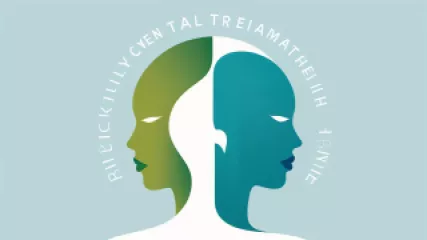Overcoming Loneliness: My Personal Journey
1 year ago
Dealing with Loneliness
Unlocking the Power of Mindful Communication: An Interview with a Communication Expert
1 year ago
Mindful Communication
How Psychology Helps Students Manage Their Time Effectively
1 year ago
Psychology of Time Management
Top Questions to Ask in Grief Coaching
1 year ago
Grief
Embracing Your Unique Self-Reflection Journey
1 year ago
Discovering Personal Identity
Culturally Competent Mental Health Treatment: An Ultimate Guide
1 year ago
Cultural Competence
Lessons from 'Inception' for Overcoming Cognitive Distortions
1 year ago
Cognitive Distortion Types
10 Steps to Boost Your Cognitive Development with Online Courses
1 year ago
Cognitive Development
A Step-by-Step Guide to Effective Learning Disabilities Counseling
1 year ago
Learning Disabilities
A Step-by-Step Guide to Positive Reinforcement for a Healthier Mindset
1 year ago
Positive Reinforcement
My Journey Towards Better Mental Health
1 year ago
Mental Health Check
Why Self-Care Practices are Essential to Preventing Burnout
1 year ago
Preventing Burnout
Lessons from 'The Pursuit of Happyness' for Emotional Well-Being
1 year ago
Psychology Fundamentals
My Journey to Finding Calm and Connection in Nature
1 year ago
Benefits of Nature
The Ultimate Guide to Dealing with Academic Stress
1 year ago
Academic Stress














